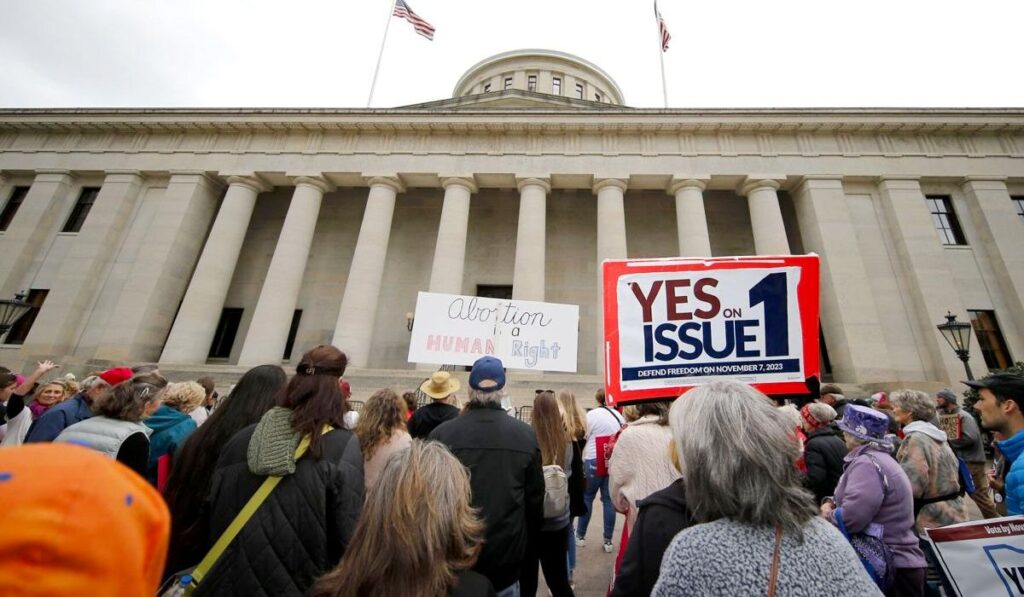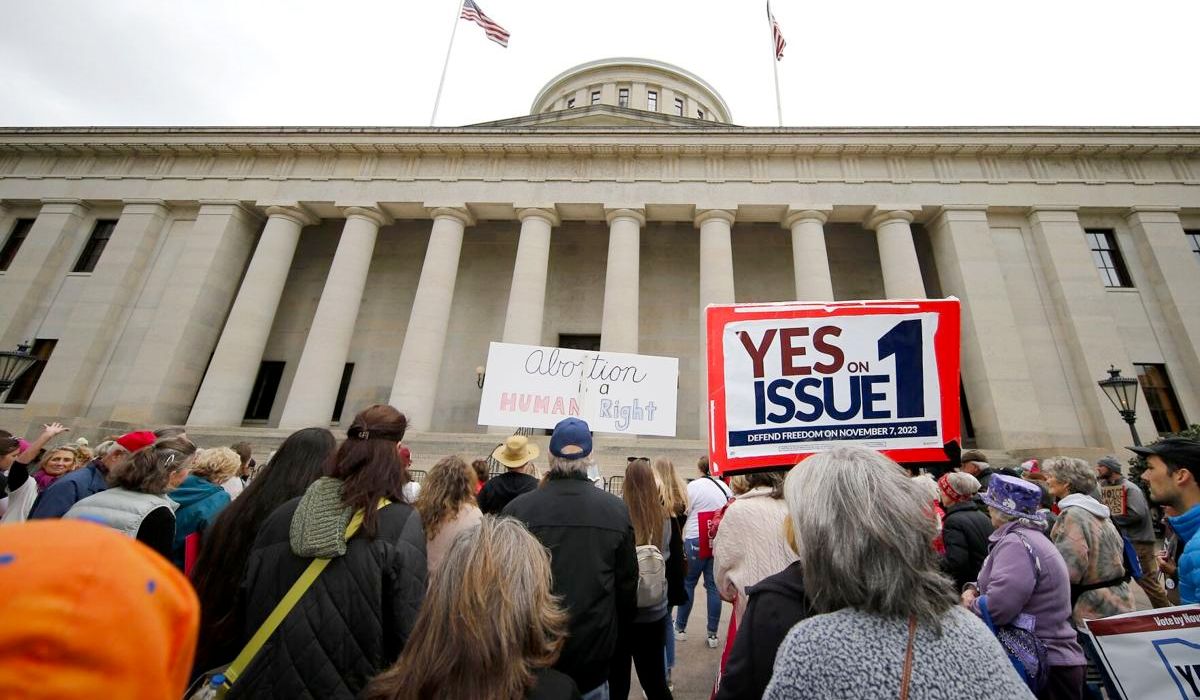The Troubling Intersection of Ohio’s Abortion Laws and Race
The recent case of Brittany Watts, a 33-year-old Black woman from Ohio, highlights the complexities and controversies surrounding miscarriages, abortion laws, and their impact on women of color. Watts’ ordeal began when she was 21 weeks and 5 days pregnant, experiencing thick blood clots that led to a miscarriage at home. The ensuing events have raised critical questions about the legal and ethical treatment of women’s reproductive health, particularly in the post-Roe era.
Watts’ Legal Battle and Its Implications
Watts faces charges of abuse of a corpse, a fifth-degree felony in Ohio, after her miscarriage led to a police investigation. This charge carries a potential sentence of up to a year in prison and a $2,500 fine. The case has now been sent to a grand jury, sparking a national debate over the treatment of pregnant women, especially Black women, in the aftermath of the U.S. Supreme Court’s decision in Dobbs v. Jackson Women’s Health Organization, which overturned Roe v. Wade.
Healthcare Decisions Under Scrutiny
At the heart of Watts’ case is the decision-making process in healthcare settings, particularly regarding pregnancies that are at the edge of viability. Ohio’s abortion law permits termination up to 21 weeks and six days of pregnancy. However, Watts’ miscarriage occurred at a critical juncture, leading to a delay in her treatment as hospital officials deliberated over the legal implications. This delay highlights the fear and uncertainty healthcare providers face in making decisions that could border on legal violations.

Racial Disparities in Healthcare and Legal Treatment
The Watts case underscores the broader issue of racial disparities in healthcare and legal treatment of pregnancy-related issues. Studies have shown that Black women, like Watts, are more likely to face scrutiny and legal action in situations involving their pregnancies. This disparity is not new but has gained renewed attention in the post-Dobbs landscape, where legal ambiguities around abortion and miscarriage have become more pronounced.
Social and Legal Ramifications
The criminalization of pregnancy outcomes, as seen in Watts’ case, has far-reaching implications for women’s rights and healthcare. It raises questions about the role of the legal system in regulating women’s bodies and the potential for discriminatory practices against women of color. The case has also led to a surge in advocacy and support for Watts, with civil rights attorney Benjamin Crump and others raising awareness of her plight.
Conclusion
Brittany Watts’ case in Ohio represents a critical moment in the ongoing debate over abortion rights, healthcare ethics, and racial justice. As the legal proceedings unfold, her story serves as a poignant reminder of the challenges faced by women, particularly Black women, in navigating the complex intersection of reproductive health and the law.
Sources:







